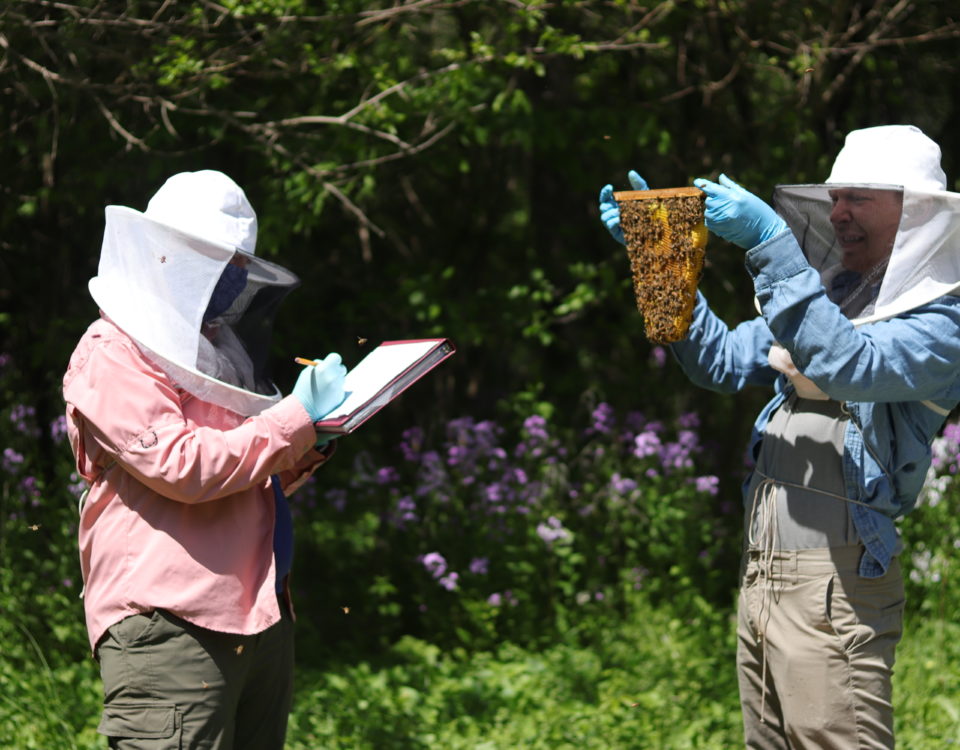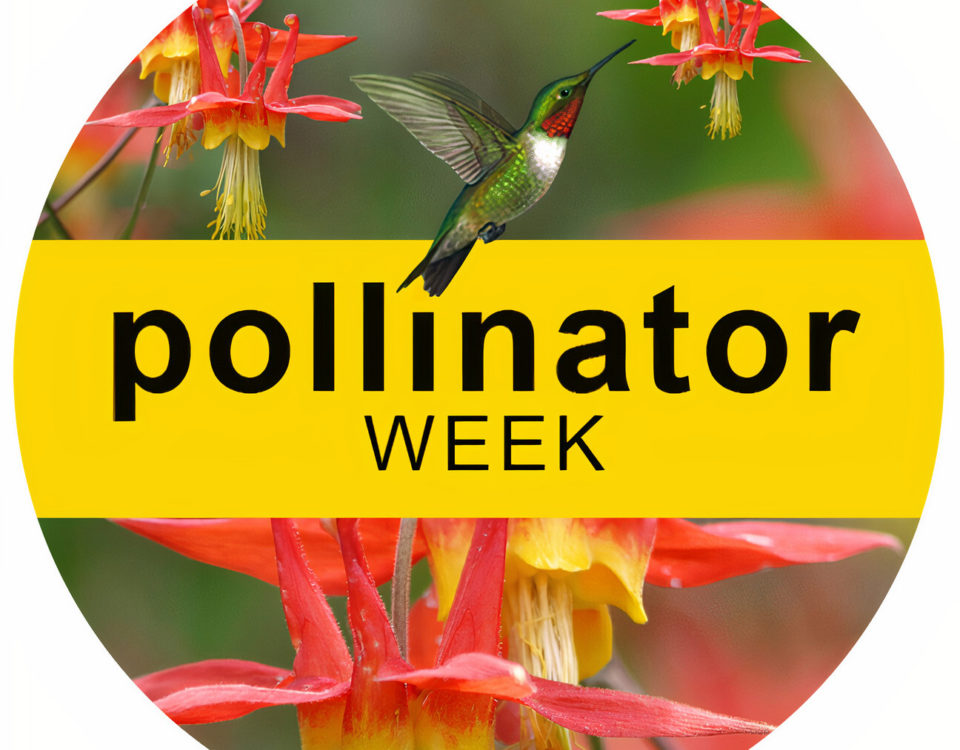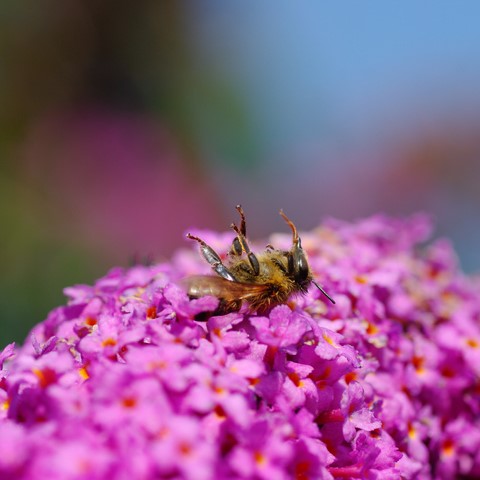- All-In-One Beekeeping for the Bees
- +1-608-728-8233
- info@beepods.com
7 Top Beekeeping Stories from 2016 to keep in mind in 2017


2017 is just getting started and spring is just around the corner. It is important to reflect on the past year’s news (both good and bad) about the honey bees. Let’s make 2017 a great year by not repeating the same mistakes.
1. Nations Beekeeper’s Lost 44 Percent of Bees in 2015-16
Each year the Pollinator Partnership execute a US based study to track pollinator health and colony numbers. In 2016, losses were high between winter die-offs and summer die-offs. Researchers believe varroa’s increasing impact on these negative numbers is a major factor.
2. Insecticide Can Cut Bee Sperm by Nearly 40 Percent, Study Finds
A new study in 2016 shows two insecticides, banned in some European nations, can signficantly reduce the bees’ ability to reproduce. In this study, colonies were subject to realistic amounts of pesticides. Drones raised to sexual maturity and removed were analyzed for sperm viability. This is the first of many studies to analyze the effects of stressors on bee reproduction.
3. Zika spraying kills millions of honeybees
In Summerville, South Carolina, more than 3 million bees died after a flyover pesticide spray. The pesticides help to control the zika virus in mosquitos. People are heartbroken at the honey bee losses, but want to use the event as a teachable moment to create awareness. More communication between beekeepers and professional pesticide managers is one way to keep this from happening again.
4. First multi-year study of honey bee parasites and disease reveals troubling trends
Poor honey bee health has been a topic of discussion in the last decade. This challenge has identified at least a dozen factors impacting the negative trend. Two parasites causing a decrease in health are nosema and varroa. This muti-year study was the first of its kind. Showing both good and bad news for the bees, this study noted specific practices, styles and environments affect the impact of these parasites differently.
5. Bees were just added to the U.S. endangered-species list for the first time
For the first time in the US, bees are placed on the endangered species list. The US Fish and Wildlife Service determined that seven species of native bees, all from Hawaii, should be protected under the Endangered Species Act.
6. Honey Nut Cheerios Wants You To Know About our Threatened Bee Population
Honey Nut Cheerios and General Mills is calling attention to the deteriorating honey bee population through their #BringBackTheBees Campaign. They removed Buzz, the Honey Nut Cheerios Mascot, from the the box and ran ads and social media campaigns. It ran through July, 2016 and coupled with a large grant to plant wildflowers. Read more about the ‘We Need the Bees’ grant here on the Cheerios website.
7. Federal directive brings veterinarians and beekeepers together
January 1, 2017, hobbyists and commercial beekeepers will no longer be able to purchase antimicrobials (antibiotics) over the counter. Instead, will need a veterinary feed directive or prescription. The federal mandate is requiring oversight of medically important antimicrobials (antibiotics) in food-producing animals, including honeybees. This mandate is part of a Food and Drug Administration strategy to reform the way these drugs are legally used in food animals.
Conclusion
2016 was an interesting year for the bees and beekeepers. It was a year of research, mistakes and lots of upcoming changes. As beekeepers and advocates of honey bees, everyone needs to be sure they stay on top of the new information. Science and data are leading the way to find better practices in beekeeping and new information about colony collapse disorder. At Beepods, we are building relationships with as many of these organizations, as possible. Our goal: To help all our beekeepers and advocates filter out the noise and understand the new information and regulations. Check our Beepods Blog for responses to stories like this or other Buzzworthy news. We look forward to hearing from you this year!
For questions on any of these articles, please, email us at info@beepods.com and we would be happy to discuss.
Brad James
Latest posts by Brad James (see all)
- Where does pollinator week come from? A brief History of Pollinator Week and its impact on supporting pollinators - June 17, 2019
- Honey Bee Breeds and Their Attributes - March 2, 2018
- My 3-Year-Old Daughter Loves Bees - December 5, 2017



